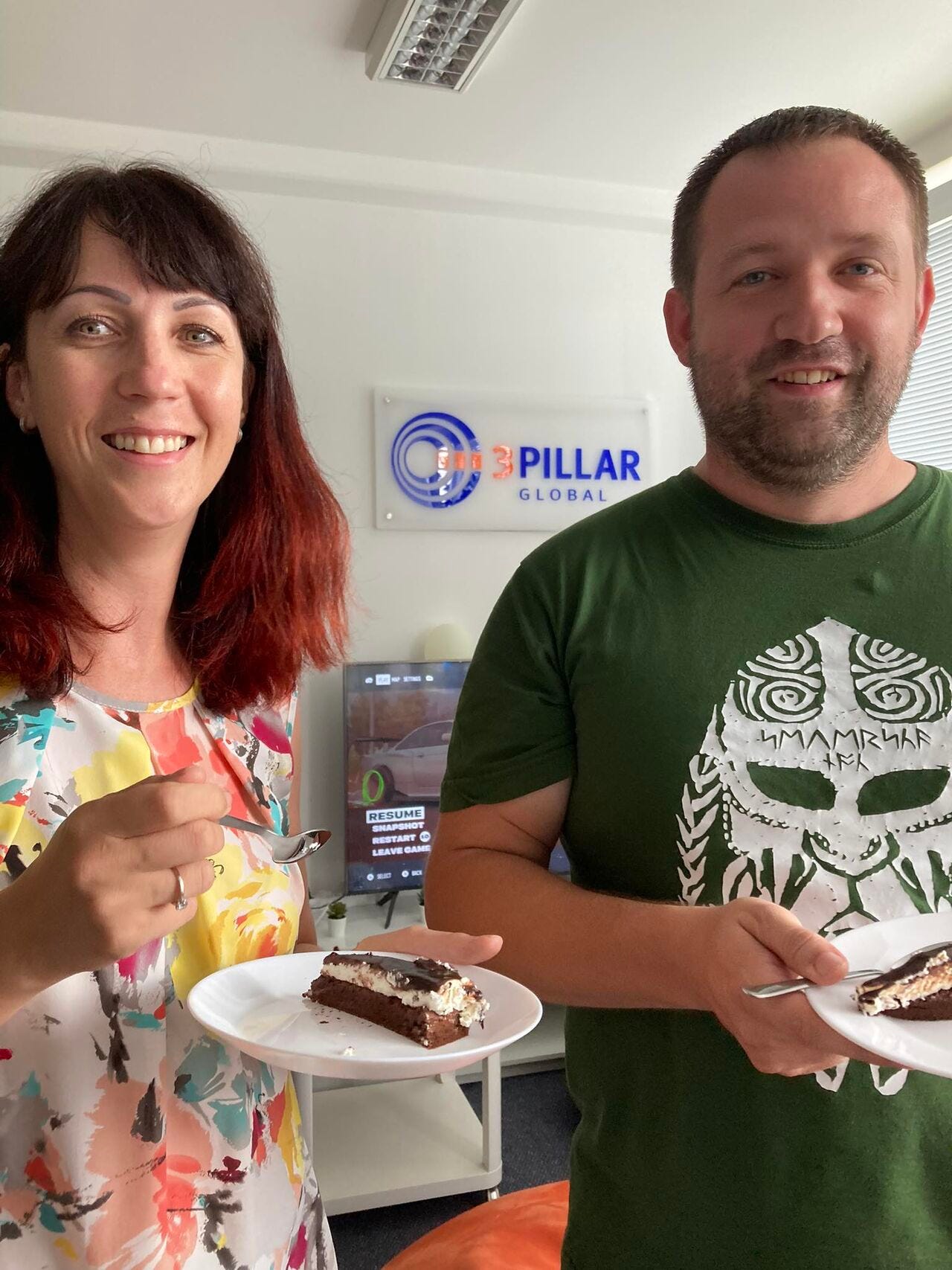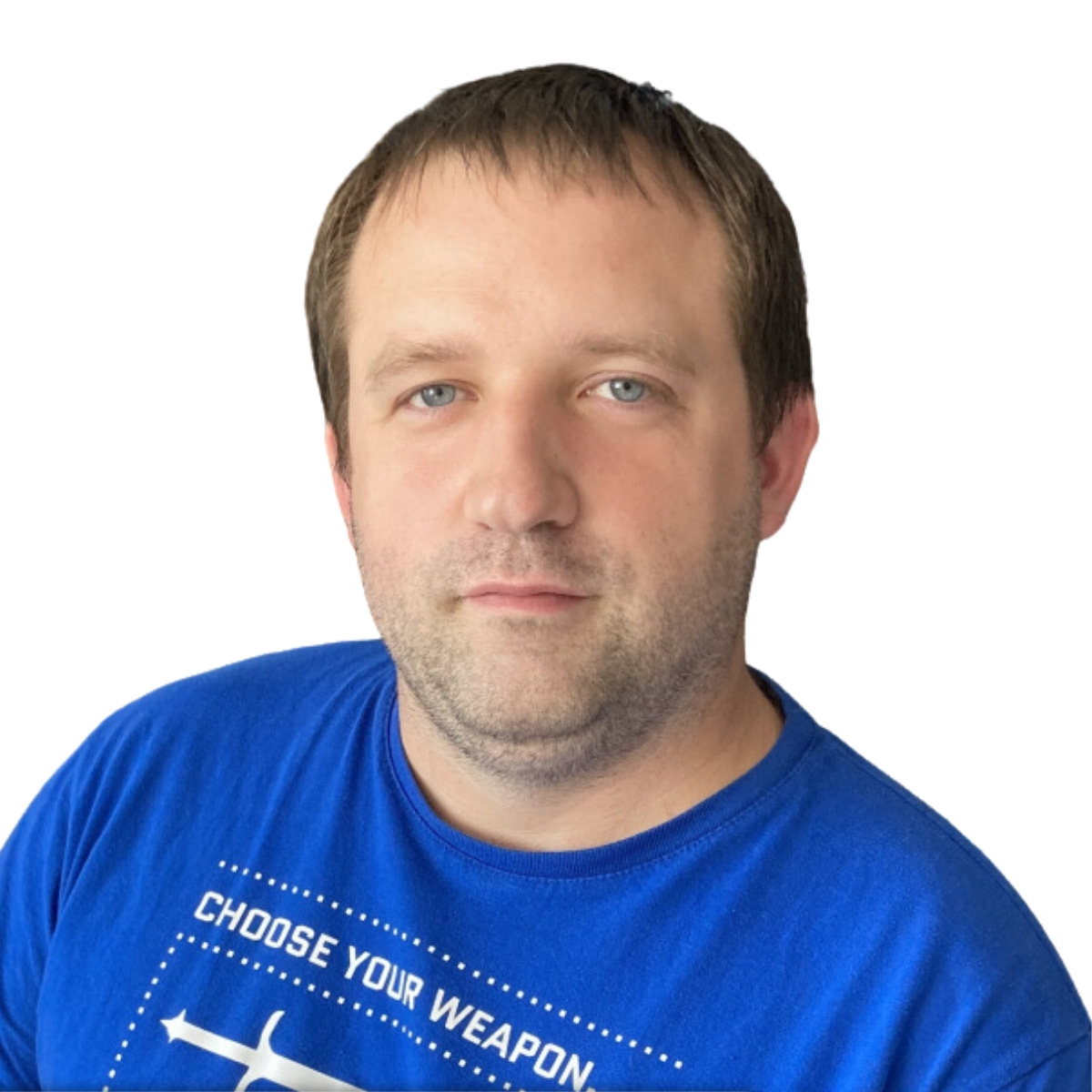Welcome!
You are reading the very first lines of a Soft Skilled Engineer.
I numbered this issue with 0. Why? Because it’s a start.
I am building something from the very beginning - and that will be an exciting ride for sure.
Software development is a team sport.
Let me tell you - I love my job as a software engineer. It is great to solve problems, create a build something important, and have an outsized impact on the world around us.
And I love writing as well.
To be honest, I wanted to start this newsletter for a long time, but it took me some time to figure out what exactly it should be - there are a lot of really good newsletters full of value for software engineers to grab out there already.
Some are going deeper into the technology, others are on the topic of leadership or how to level up your career as a software engineer.
Some of the best newsletters out there you can find in my recommendations. So have a look for sure!
Well, as I said - software engineering is rarely a solo game.
Today it is an intense team sport.
And that brings challenges.
There are not just your hard skills and programming in play.
For success you need a whole set of other knowledge and experience - starting with clear communication and active listening, going through business storytelling and negotiation, and ending with conflict solving and the art of efficient feedback.
If you neglect growing your soft skills - it will harm you as a software development professional.

It all just clicked together.
Software engineering wasn’t my first job, not even my first career.
I used to do something totally different - I was selling investment solutions and insurance to retail clients for a huge bank in the Czech Republic.
I cannot appreciate how much is this 6 years long experience helping me today in software engineering.
All the sales training, all the feedback, communication, and conflict solving training - all this is a great tool for a software engineer, who likes to think and grow out of the box.
And that is what I want to give back in this newsletter.
What I know. And what I can learn alongside you.
What’s on the menu in the next weeks?
I plan to send out a new issue of the soft skilled engineer every week on Sunday.
That way you can either enjoy it on your day off or find it first thing Monday morning (hopefully not covered already by a ton of other emails…)
The first topic? Active Listening.
I plan to stick with it for a few weeks covering:
What is active listening and how to train it
How to make others listen to us
Challenges connected to online environment and remote communication
All from the perspective of Listening.
Are you into this?
If not already, subscribe. That way you will not miss anything.
Sharing with your friends and colleagues will give me a huge confidence boost too - thanks for that. Just use a button…





Really great points, Pavel. Active listening is so powerful. I also learned in sales just how powerful when I decided to approach a sales conversation with a CEO and CTO of a prospect. I didn't say much - only asked questions. The CTO had a fascinating story about installing hardware and software in the White House Situation Room. I was alert and asked questions that demonstrated that I was listening closely. At the end of the meeting, not having said anything about our services, the CEO shook our hands and said, "I can tell you are different from any of the other firms we have spoken to or worked with in the past" (by which he seemed to mean better). Feeling heard is key to showing commitment and a desire for your stakeholder to succeed.
The other thing I would offer as advice alongside all the great things you pointed out is that you must take care to decipher INTENT from what is said. Many of my stakeholders when I was building products would speak in features, but I would have to dig for why they thought those features were the right ones. Getting to intent allowed me to then recommend alternatives. Features (and the requirements they get translated into) are proxies for the thing they really want so intent makes room for innovation ("sustaining innovation" as Clayton Christensen would have called it - smaller scale, but valuable nonetheless).